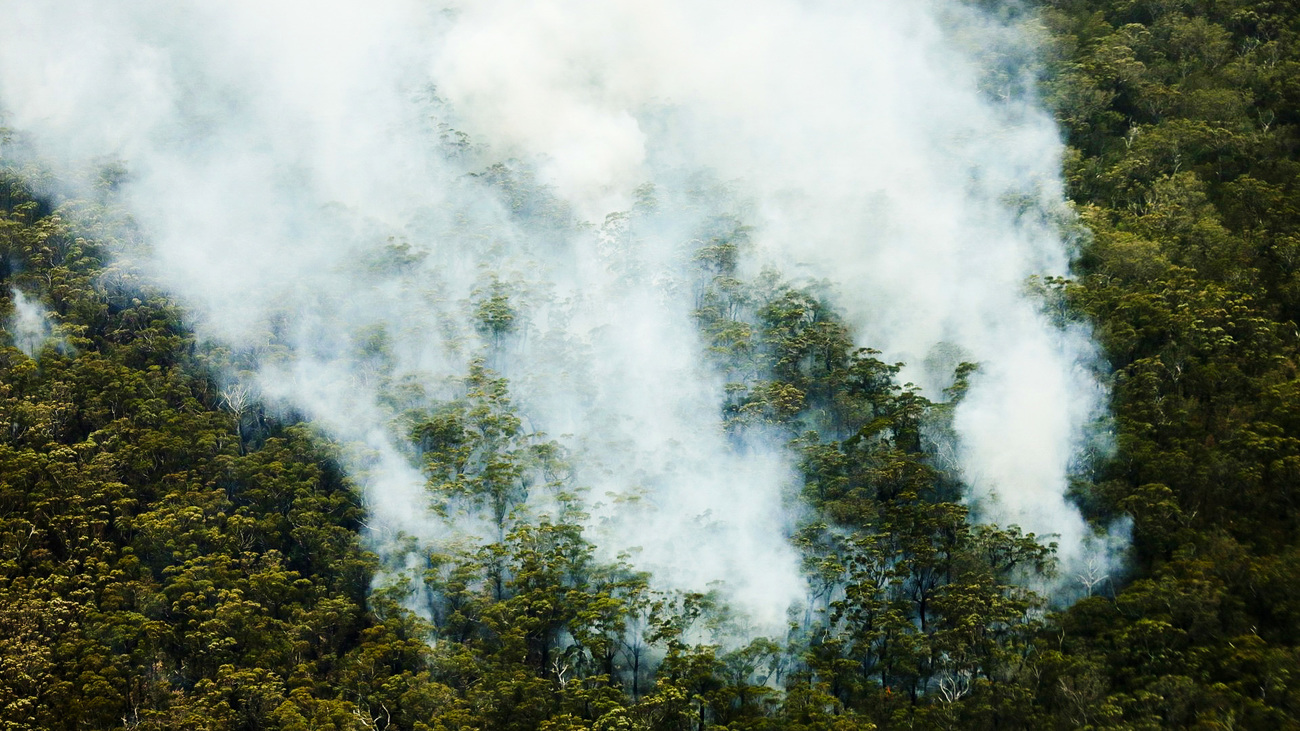Nature moves higher on the agenda of global climate negotiations
Nature moves higher on the agenda of global climate negotiations

(Dubai, UAE – 13 December 2023) – As the UN Climate Change Conference (UNFCCC, COP 28) concluded in Dubai today, conservationists are hopeful it marked a turning point for the inclusion of nature into global climate strategies.
In addition to the focus on fossils fuels, nature and biodiversity featured on the agenda as a key subject in many negotiations, such as the Global Stocktake, and the path to adaptation, mitigation and transition. Many heads of state also recognised the importance of nature and biodiversity.
Experts from IFAW were in Dubai to elevate the role of animals as a solution to the climate crisis.
“Nature has featured more in this COP than in previous ones. Conversations have gone far beyond just forests, with a focus on oceans, mangroves, and conserving 30% of land and ocean on Earth by 2030, known as the 30x30 framework, and integrating the climate and biodiversity agendas,” said Azzedine Downes, CEO and President of IFAW. “But we’re still missing a key component - the conservation of wild animals that boost the integrity of these ecosystems. This can supercharge the ability of nature to tackle climate breakdown.”
Reviewing the details of the final Global Stocktake, experts from IFAW were encouraged to see nature, ecosystems, and biodiversity being recognised. The importance of protection, conservation, restoration, and sustainable use has been highlighted, but action to combat the twin climate and nature loss crises needs to go further and faster.
“Restoring wild animal populations offers an inspirational vision and practical action we can take to combat climate change,” added Downes. “This means moving towards a world where animal populations are not simply protected and restored for their intrinsic or iconic value, but for the role they play in helping to regulate climate too.”
The UNFCCC and Convention on Biological Diversity (CBD) Joint Statement on Climate, Nature and People also suggests governments are beginning to grasp that climate and biodiversity agendas must be better integrated.
“Biodiversity loss and climate change are two sides of the same coin; we cannot tackle one without tackling the other,” said IFAW’s Climate Change Advisor, Simon Addison. “That must include urgent efforts to conserve wild animal populations that enhance the ability of ecosystems to draw down carbon. Wildlife conservation is not just a co-benefit or climate action, it is integral to it.”
IFAW will continue working with governments around the world to build an integrated approach to wildlife conservation, biodiversity and climate into national plans. This includes species conservation goals and efforts to deliver on the 30x30 framework. Conserving highly biodiverse, intact ecosystems on land and in the ocean is the most cost-effective nature-based action that can be taken to tackle climate change. By boosting wild animal populations, the ability of ecosystems to capture more carbon can be enhanced.
//END
Notes
- On COP28 Nature Day, IFAW released a report, Wildlife Conservation and Ecosystem Protection: Missed opportunities for climate action in Africa and the LDCs (Least Developed Countries), looking at the potential for greater wildlife conservation inclusion in the Nationally Determined Contributions of African nations and beyond.
- IFAW and a coalition of 18 civil society organisations, researchers in top universities, and policy actors issued an open letter calling for the protection and restoration of wild ecosystems to be at the heart of global climate policy and action.
- Downloadable photos can be found at https://spaces.hightail.com/space/8JLldw8B0Q
Media contact:
Stacey Hedman,
Director of Communications, Global Programs at IFAW,
shedman@ifaw.org,
+1 508 737 2558
Related content
Our work can’t get done without you. Please give what you can to help animals thrive.